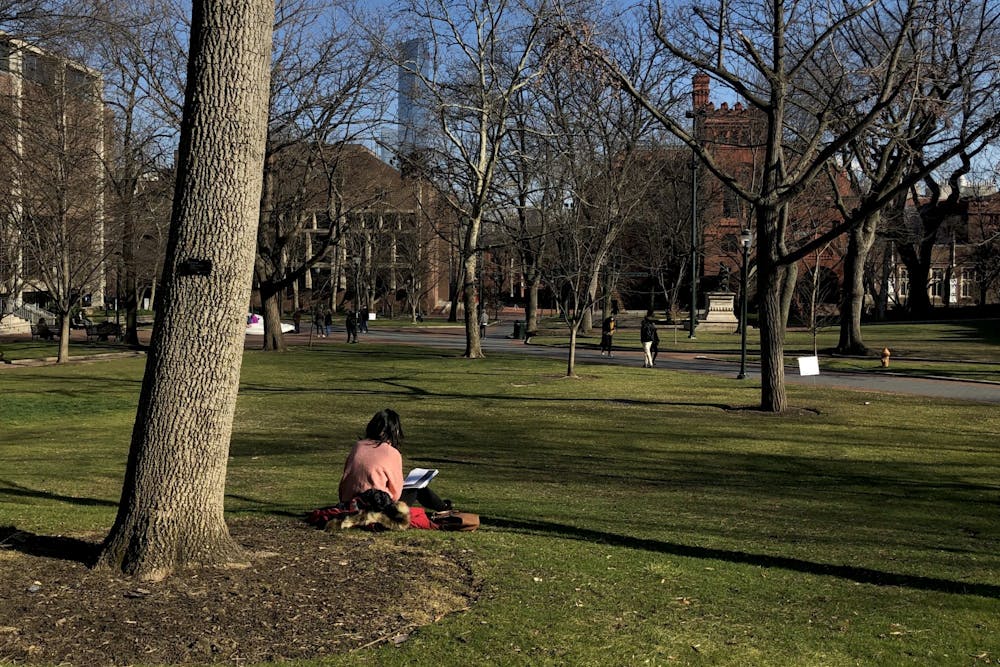Three Penn professors wrote an opinion piece in The New York Times warning that social distancing could last until at least mid-May.
The article was co-authored by Ezekiel Emanuel, Susan Ellenberg, and Michael Levy, all of whom are professors at Penn's Perelman School of Medicine. They wrote that social distancing is an effective prevention tactic, but the disease may return in waves.
"We need to stop picturing that ubiquitous 'flatten the curve' chart and start imagining a roller coaster," the professors wrote.
The authors wrote there is little evidence to support COVID-19 dying out once warmer climates arrive. They wrote that influenza and cold viruses slow in the summer because of the high number of people that catch these diseases in the winter. But since humans have not been affected by COVID-19, nobody has acquired immunity, the authors wrote.
“The irony of successful social distancing is that fewer will develop immunity,” the researchers wrote. “That means that social distancing 2.0, 3.0, and, who knows, maybe even 4.0 will very likely have to occur.”
The authors anticipate future social distancing policies will be implemented quickly and last for a shorter period of time because officials and the public will be more prepared.
A vaccine could be developed by fall 2021 or sooner, the authors wrote, which could stop the spread of the virus. If not, social distancing would be necessary until there are no more new cases in the United States, followed by closing borders to travelers for 18 months or more to stop new cases from coming in.
The authors wrote they will look to countries like South Korea and China to see what happens when social distancing ends and people return to their normal lifestyles. People who recover from COVID-19, whether they show symptoms or not, will most likely become immune to the virus, they added.
RELATED:
Penn Med opens two drive-thru coronavirus test sites, first of their kind in Philadelphia
Penn’s dining provider to lay off approx. 140 workers without pay starting March 31
The professors wrote that the virus will resurge more slowly each time after social distancing is relaxed — but they added that Americans should "get ready for a bumpy ride."









